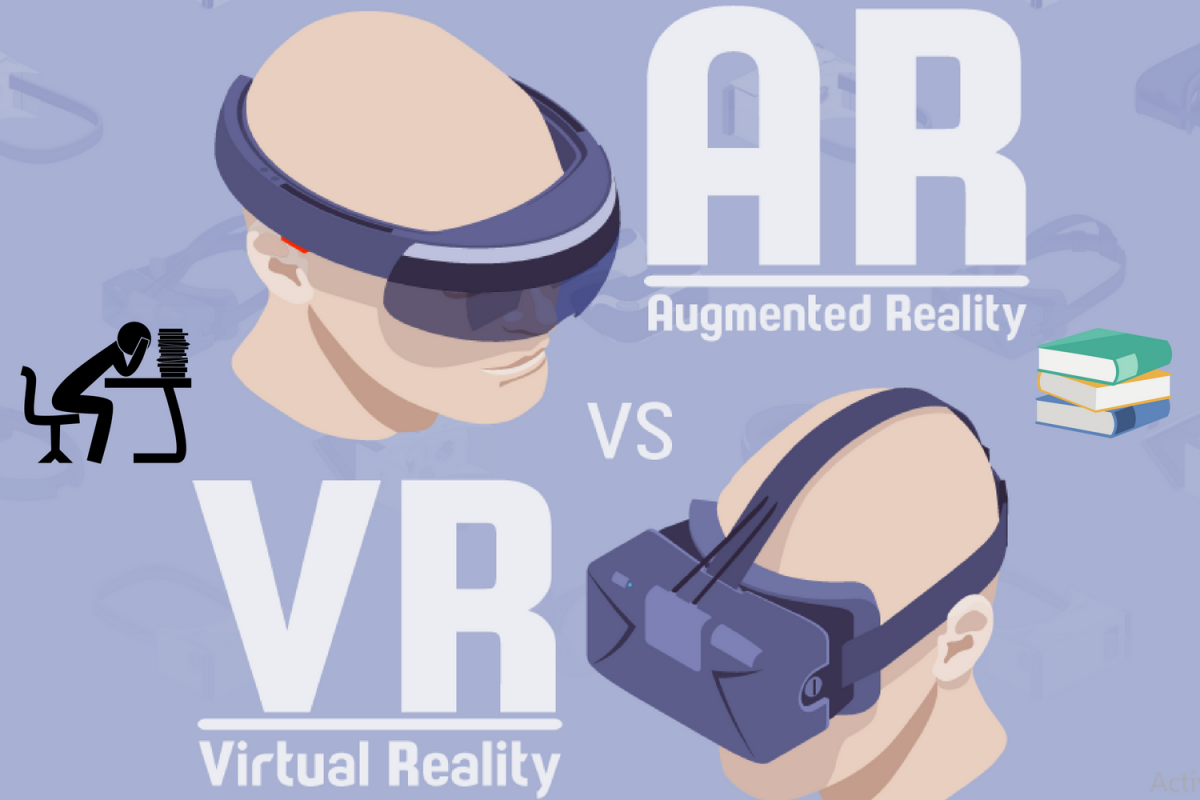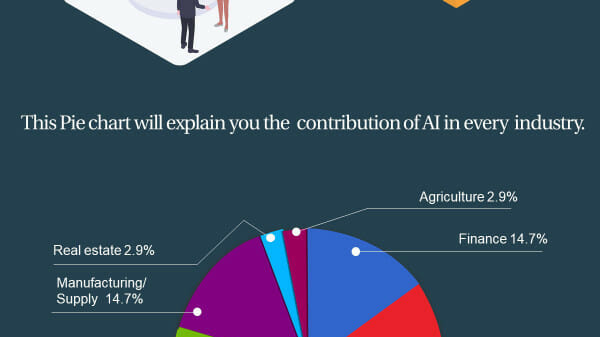We have already stepped into 2018. The prediction of trends influencing education and learning sector is not as simple as it may sound. Rapidly growing and advancing technologies and devices are playing significant roles in each and every industry. Education sector and especially, eLearning, is no exception here.
Most of the educational institutions have adopted online culture over offline culture. Traditional way of delivering and consuming education is gradually getting phased out. Due to ample availability of distance education, educational mobile apps, online tutoring facilities, the world is heading towards a new tangent called eLearning.
The way online learning, MLearning and eLearning are going ahead, we can surely say that these are the top technological trends influencing education and eLearning industry in the year 2018.
Technological trends influencing education and eLearning sector
1. Virtual Reality and Augmented Reality
Who doesn’t know about VR and AR today? Its a buzz! Currently, both VR and AR are considered as the hottest modes of implementing training.
According to a research, in the UK, 94 percent of teachers believe that virtual reality would improve classroom teaching.
Most of us know that both VR and AR are traditionally used for movie and gaming experiences. However, their applications are widening now and have touched the roots of learning sector.
The merits of virtual reality units in education are crystal clear:
- More student engagement
- Rapid learning
- Better quality of education
Moreover, VR could potentially trim down classroom disruptions from children with behavioural troubles.
On the other hand, the technology of AR has a good impact on industries like marketing and entertainment. The education sector was till now bit untapped. However, since many years basic computer skills are a mandatory portion of the curriculum, the involvement of cutting-edge AR technology ramps up the overall experience to a completely new tangent. AR gaming is transforming the way students consume information.
The ease of interacting within AR-based experiences is one of the main grounds for teachers to bring virtual educational experiences into the classroom. Consequently, teaching and learning will become more effective, engaging, as well as interactive with augmented reality technology.
To conclude, educational and eLearning organizations will invest and explore more of both VR and AR technologies in 2018 and beyond.
2. Chatbots – Intelligent Assistants
Heard about Apple Siri, Amazon Alexa, Google Assistant and/or Microsoft Cortana? Great – you are almost there then! The popularity of these intelligent voice assistants is not unknown or unheard.
The only thing is the power and presence of bots is sort of unexplored in education and eLearning sector. However, as AI and ML are taking baby steps in all giant industries, it is not wrong to say that they will soon expand their presence in smart educational mobile apps and transform the way tutors deliver and students consume the content. Such educational mobile apps will assist the students to learn the concepts as they go and augment learning in the moment of need.
3. Gamification and Game-Based Learning
Most of the students fall under Gen Z and Millennials. Their lives revolve around the magic of smart-phones and mobile apps. Hence, it is almost certain that gamification will continue to be a prominent trend influencing education and eLearning industry in 2018.
It sounds contradictory but its true that gaming increases levels of curiosity and hence seriousness in learners. They will not leave gaming until they reach a desired level of achievement. And that’s what is needed for successful learning.
Few of the trainings that can be easily gamified are procedural training, product training, sales training or any training that involves logical reasoning. Here, gamification creates interest in learners and makes them stick to the agenda which in traditional formats they usually avoid and/or ignore.
4. Synergistic Video-Based Learning
For learners, it has always been easier to learn from audio-visual formats over plain and boring text format. Portals like YouTube and Vimeo are highly popular for displaying and enabling access to video-based tutorials. And ,there is no doubt that these services are going to outgrow in the near future and benefit the organisations of the industry.
Talking about education and eLearning sector, institutions and service providers can make learning fun and easy by leveraging popularity of videos and video platforms. They can impact learning methodologies by adding quizzes, question-answers, tutorials, etc. in video library formats and post on various sites. Their views can be measured from analytics which help them further in improving existing methodologies of engaging learners.
Signing off…!
Apart from what all has been said above, there are many other highly anticipated trends influencing education and eLearning sector which are set to transform the entire industry in the year 2018. It includes, but not restricted to, social learning, customised i.e. personalised learning, micro-learning and content curation. Content libraries can easily be augmented and curated to provide the right cognitive content to learners with the help of advanced technologies e.g. educational mobile apps.







